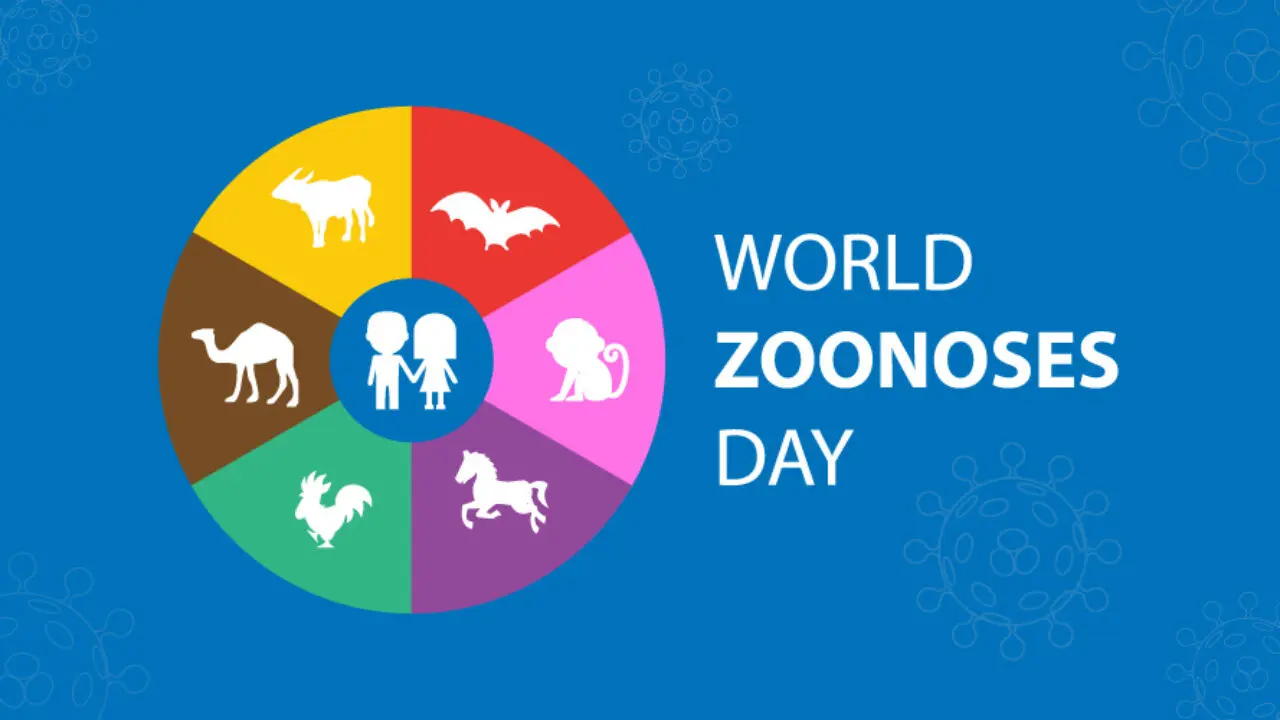Who Benefits from Zoonosis Control and How?

Zoonotic diseases, those that can transmit between humans and animals, are a significant global health issue. Zoonoses infect an estimated 1 billion humans and cause 1 million deaths each year. Zoonotic disease outbreaks are increasing, and the majority of newly emerging infectious diseases, including COVID-19, have zoonotic origins. But there are also significant neglected, endemic zoonotic diseases, such as rabies and brucellosis, that have caused substantial burdens of disease in people and animals for hundreds of years.
COVID-19 has led to calls for significantly greater investment in cross-sectoral, ‘One Health’ actions to prevent zoonoses. Prevention is much cheaper than the cost of response to and economic impact of an outbreak. It is also a way of combatting the cycles of panic and neglect that occur after each new epidemic. However, it is challenging to encourage investment in something that cannot be seen until it has already occurred. Similarly, endemic zoonoses are often neglected because they frequently affect overlooked peoples—the poor, rural populations, or marginalised communities.
Preventing zoonoses requires tackling the ‘upstream’ factors that lead to their emergence and spillover into humans. This needs stronger veterinary services, improved ecosystem management, more sustainable farming and enhanced urban planning, as well as strengthened human health systems. However, the capacity and resourcing across the sectors that must work together to achieve this are unequal. A significant risk is that the required actions become ‘just another task’ for under-resourced livestock, wildlife and environmental health sectors to perform.
Animals and ecosystems must be put alongside human health and pandemic prevention at the centre of calls for action. Our recent work for the World Bank in Central Asia shows that controlling brucellosis delivers the most economic benefit to the region’s livestock sector. We need to acknowledge that zoonosis control improves food security, ecosystems and animal wellbeing, as well as reduce human disease. This makes it directly relevant to those expected to invest in and perform the prevention activities, such as Agriculture Ministries and farmers.
One Health is still critical to the success of zoonosis prevention. We show that the human and animal health, and environment sectors working together is more efficient and cost-effective than working separately. However, quantifying the sector-specific benefits that come from preventing zoonoses, such as more sustainable food production, improved animal welfare, a healthier environment, plus reduced human disease, will help shift the attention of decision-makers from overlooking or neglect to effective actions. We must strive towards greater investment in practical cross-sectoral actions to prevent the next pandemic and eliminate existing zoonoses that continue to disproportionately affect poor and disadvantaged communities.
Dr Angus Campbell is a livestock veterinarian and One Health practitioner with a strong interest in sustainable livestock production systems and international rural development. He leads the One Health Unit in the Nossal Institute for Global Health.